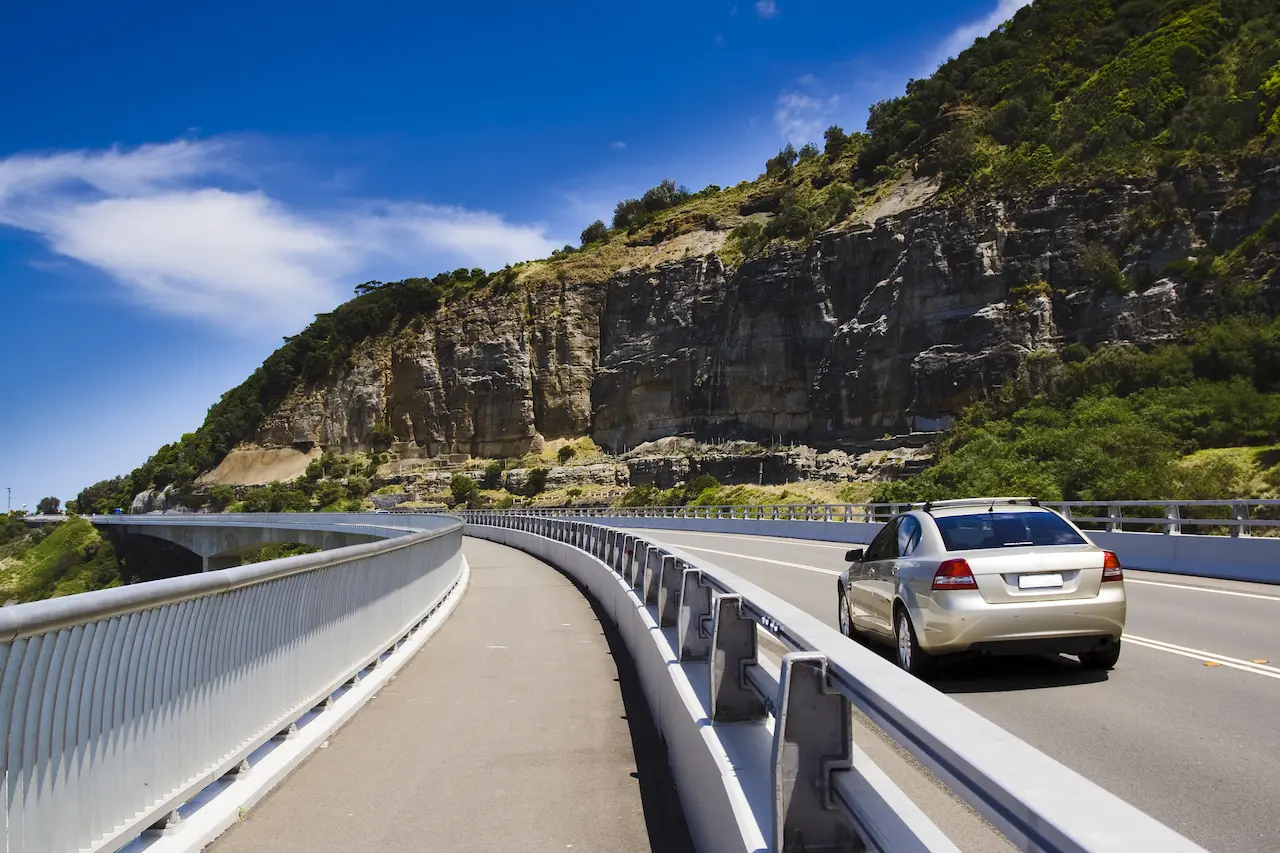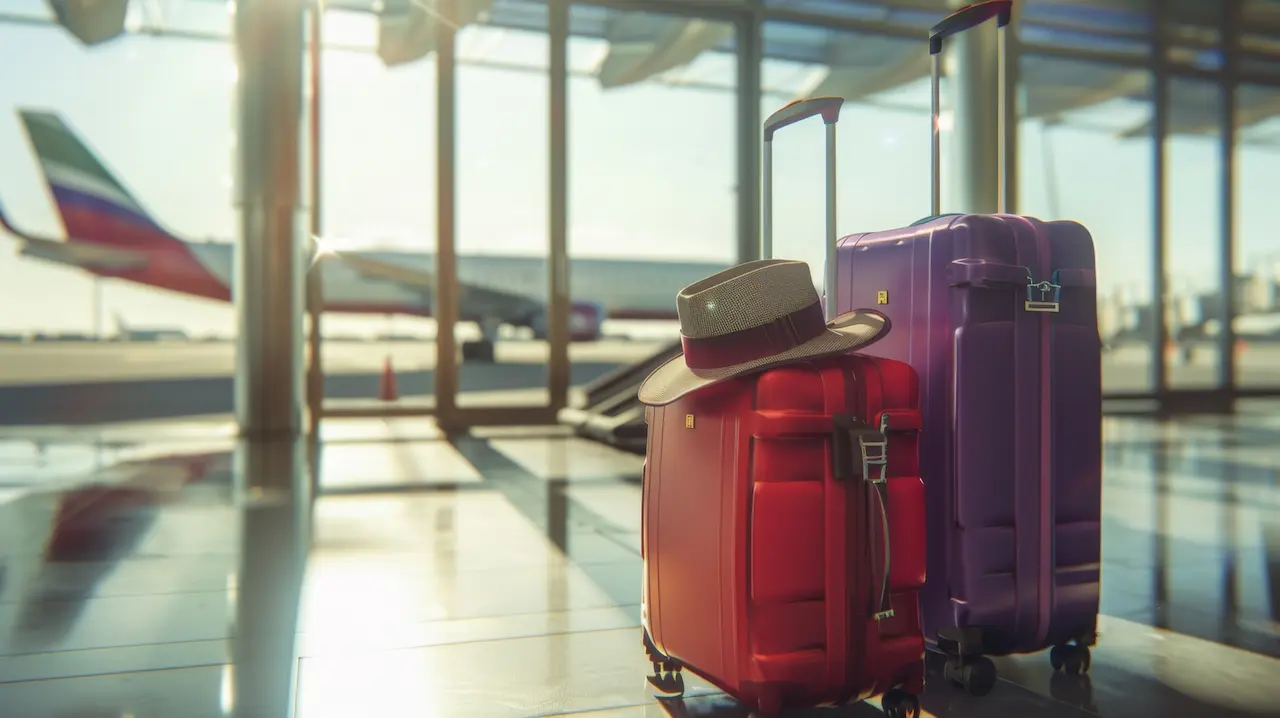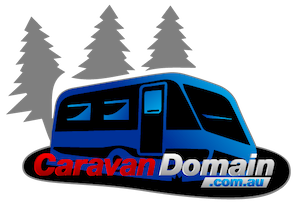Discover Australia on a Budget: Travel Tips For Young Adventurers
Australia is a wonderful place to visit. There are many iconic places to visit in Australia. From the most beautiful beaches and coral reefs to breathtaking national parks, unique outback landscapes and stunning national parks, you’ll find them all! Travelling to these famous destinations can be costly. Due to the size and remoteness of Australia, it is most cost-effective and convenient to explore by RV, campervan, or car.
We’ve got the best tips on how to travel within your budget in Australia. Continue reading!

1. Compare Transport Options
Travelling Australia presents numerous transportation options, each with its own set of benefits and costs. While there may be several methods available to you for getting from place to place, some methods may be more budget-friendly and practical depending on your travel needs.
Jetstar, Australia’s popular budget airline, provides affordable flights between major urban centres. However, if your travel plans involve travelling outside these urban areas, flying with Jetstar may not be the most cost-effective solution due to extra charges and limited coverage.
Greyhound buses offer another reliable means of travel along Australia’s East Coast, although their services may only cover this region and limit your access to more remote or less accessible destinations.
Travelling Australia by campervan or car can be the more cost-effective and versatile method, offering freedom while budget control – perfect for discovering Australia at your own pace and managing expenses efficiently! Australia boasts numerous budget-conscious car and campervan rental providers such as TravellersAutoBarn and Jucy which are popular choices among travellers. To get the best value deal, it is advisable to compare quotes from multiple rental operators before making your selection. Booking early can help you secure better rates and ensure availability for the dates you desire. Booking this way gives you more freedom to visit off-the-beaten-path locations while helping manage the total budget for the trip more effectively.
2. Plan Your Budget
Budgeting can be an invaluable asset when it comes to effectively managing finances, helping you save money and reign in spending. To start, create an estimate of your overall travel budget that takes into account expenses such as accommodation, food, activities and transportation. Once this figure has been finalised, break it down further into daily and monthly expenses so that you have an accurate representation of where it will be allocated over time – this approach allows you to track spending regularly while easily spotting areas where overspending might be occurring.
Comparison between actual expenses and budgeted amounts allows you to quickly identify when and where adjustments need to be made. For added ease, budget management apps provide a simple yet efficient method for keeping track of spending; quickly recording spending data, generating reports, and providing insights that allow you to stay ahead of financial goals while making informed decisions within budget constraints.
3. Earn as you go

Work while travelling and finance your adventures by taking advantage of available job opportunities in Australia. Young travellers may opt for casual jobs at cafes and restaurants or house/pet sitting roles which provide income while giving flexibility in travel plans. Caravan parks often provide seasonal work opportunities with free accommodation; making this option attractive to budget travellers looking to extend their stays.
Social media platforms like Facebook groups can be invaluable tools for finding work opportunities on the road. Furthermore, apps and websites such as Aussie House Sitters, Willing Workers On Organic Farms (WWOOF), and AgriLabourAustralia provide travellers with job openings ranging from farm work to temporary labour positions – many offering accommodation perks in return.
If your skills lend themselves to remote work, consider becoming a digital nomad during your travels. Caravan parks provide free wifi and some even feature dedicated workspaces designed specifically for remote workers. Libraries, museums and cafes all provide reliable WiFi and conducive environments that foster working remotely.
By taking advantage of available opportunities and resources, travellers can not only sustain their adventures financially but also gain enriching experiences and insight into local communities throughout Australia.
4. Travel off-Peak
Australia can be expensive during school and public holidays, peak tourist seasons (November to March in the southern states and May to October for northern regions), when accommodation prices tend to skyrocket and popular attractions can become overcrowded, making booking difficult and preventing travellers from enjoying a more comfortable travel experience.
To maximize both your travel budget and experience, plan your itinerary to avoid high-traffic periods such as school holidays and major public holidays. By booking off-peak visits during off-peak periods such as outside these dates, such as outside school holidays and major public holidays, you can take advantage of lower accommodation rates and fewer crowds at tourist hotspots – saving both money and allowing you to explore popular locations more comfortably at your own pace.
5. Spending Too Much on Accommodation Can be Expensive
As part of your extended holiday planning, you must shop around for affordable campsites – both beforehand and along your travel route – as accommodation accounts for the bulk of travel costs. Finding budget-friendly campsites can have a profound effect on overall travel costs.
Search for campgrounds offering special promotions or discounts as this can result in significant savings. By carefully researching and selecting campsites with advantageous offers, you can effectively stretch your travel budget while allocating more funds toward other aspects of your journey.
If you keep your accommodation costs low, it will allow you to spend more on that special glamping trip or unique experience on your bucket list.
6. Plan Your Fuel Stops

Fuel costs are an unexpected yet substantial part of driving through Australia, so to reduce costs we recommend using tools such as Google Maps or Fuel Map Australia to locate the most economical gas stations along your journey. These resources offer real-time updates on fuel price fluctuations so that you can make informed decisions and plan the optimal refuelling stops.
As it’s essential to keep in mind, fuel prices tend to increase during public holidays, peak travel hours and in remote regions of Australia where logistics costs increase dramatically – it is wise to plan your refuelling stops accordingly to minimise unnecessary expenses.
7. Final cost-saving Measures
Reducing travel spending requires taking a more responsible approach to spending. One effective strategy for budget-minded travel involves making small changes that have an immediate impact, such as switching out your $6 latte for an affordable $1 option available from stores like 7/11. Another smart tactic involves booking group activities whenever possible as many providers offer discounted rates for larger parties making experiences more economical without compromising enjoyment.
Dining out can be cost-cutting when opting for BYO (bring your own) restaurants; taking advantage of Australia’s abundance of free BBQ facilities in parks and public areas can save money, providing stunning outdoor meals without the expense of restaurant dining.
8. Find Free and Low-Cost Activity
Australia boasts over 700 National Parks that offer free access, offering ample opportunities for scenic hikes and wildlife encounters – offering unforgettable experiences without breaking the bank! Take full advantage of these activities, events, markets, and festivals across Australia that make life memorable experiences without breaking the bank!
Planning can make the most of your travels by providing ample time for research on your destination areas and finding activities to fit all interests and preferences. From ancient landscapes and vibrant local cultures to markets and festivals, careful planning not only maximizes the experience but also allows for effective budget management by prioritizing free or low-cost attractions.
